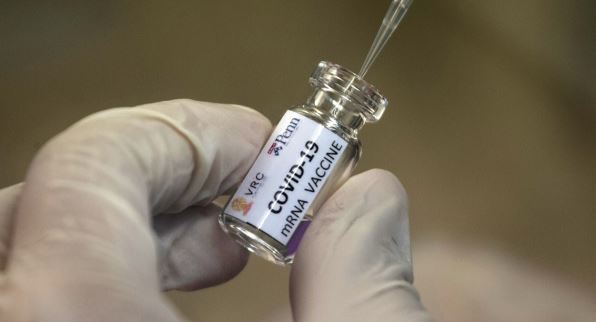A dark web research team reports that various cybercriminal groups are selling COVID-19 results and fake vaccination certificates across various illegal platforms. The prices of this fraudulent material range from $20 to $250 USD and are available through a simple bank transfer and by sending some personal information via email.
It has been more than a year since the first coronavirus world outbreak and although millions of people around the world have already been vaccinated, governments maintain multiple restrictions. One of these measures is to ask travelers trying to enter some countries for a COVID-19 test with a negative result, or a document proving that the person has recently been vaccinated.

Needless to say, thousands of people eager to travel to another country have not yet been vaccinated or have even applied for a COVID-19 test, so an ideal opportunity has been presented for cybercriminals, who decided to offer an easy way out to all these people.
The report mentions that dozens of illegal websites are infested with advertisements offering these fake vaccination certificates, as well as passports, negative results and even fake coronavirus vaccines.
During their research, experts found several online vendors willing to manufacture, create and print on demand these vaccination certificates, which would allow people to buy plane tickets, cross border points or perform any tourist activity or work trip without having to worry about their trip being interrupted by forced quarantine.
This problem could grow due to possible relaxation in health measures or even a possible third wave of contagions, which would be devastating for dozens of countries that continue to face the consequences.
It is important to mention that, for the European Union, the issuance of a single coronavirus-free traveler’s certificate will begin shortly, which could be issued digitally to prevent counterfeiting for at least a sufficient period of time to prevent massive growth of counterfeiting. To learn more about information security risks, malware variants, vulnerabilities and information technologies, feel free to access the International Institute of Cyber Security (IICS) websites.
He is a cyber security and malware researcher. He studied Computer Science and started working as a cyber security analyst in 2006. He is actively working as an cyber security investigator. He also worked for different security companies. His everyday job includes researching about new cyber security incidents. Also he has deep level of knowledge in enterprise security implementation.
